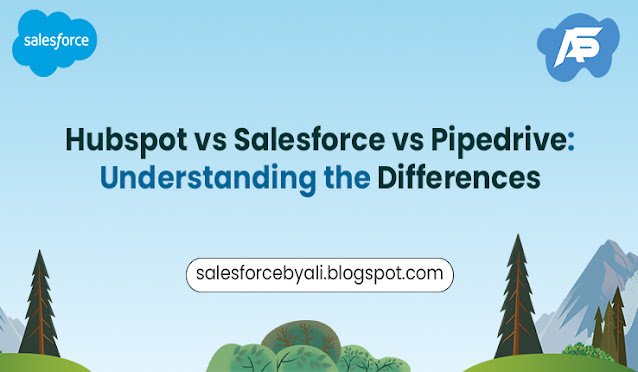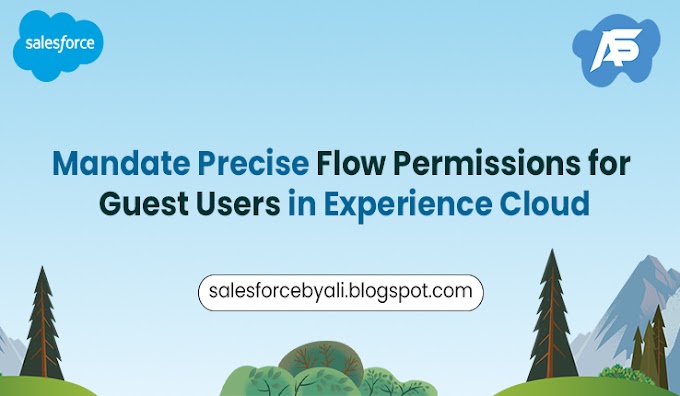Introduction:
When it comes to customer relationship management (CRM) software, there are several options available in the market. Among the popular ones are Hubspot, Salesforce, and Pipedrive. While all three platforms offer CRM solutions, they differ in features, pricing, and target audiences. In this article, we'll explore the differences between Hubspot, Salesforce, and Pipedrive to help businesses make informed decisions on which CRM platform to choose.
Here are some of the differences between Hubspot, Salesforce, and Pipedrive:
Features:
Hubspot offers a range of marketing automation and sales management features, including email marketing, lead capture forms, sales pipelines, and customer segmentation. Salesforce, on the other hand, offers more advanced features such as AI-powered insights, customizable dashboards, and forecasting. Pipedrive is a more streamlined platform that focuses on sales pipeline management, offering features such as deal tracking and team management.
Pricing:
Hubspot offers a freemium model, allowing businesses to access some of its basic features for free. Paid plans start at $50 per month. Salesforce is a more expensive option, with plans starting at $25 per user per month and can go up to $300 per user per month. Pipedrive's pricing starts at $12.50 per user per month and can go up to $49 per user per month.
Target Audience:
Hubspot is ideal for small and medium-sized businesses (SMBs) looking for an all-in-one marketing and sales platform. Salesforce is more suited for enterprise-level businesses with complex sales processes and a need for advanced customization options. Pipedrive is a good fit for SMBs looking for a simple and easy-to-use sales pipeline management solution.
Integration:
All three platforms offer integration with other business tools, such as marketing automation software, accounting systems, and e-commerce platforms. However, Salesforce has a larger ecosystem of third-party integrations than Hubspot and Pipedrive.
Conclusion:
Hubspot, Salesforce, and Pipedrive are popular CRM platforms that offer different features, pricing, and target audiences. Hubspot is a good option for SMBs looking for an all-in-one marketing and sales platform. Salesforce is ideal for enterprise-level businesses with complex sales processes and a need for advanced customization options. Pipedrive is a simple and easy-to-use sales pipeline management solution suitable for SMBs. It's important for businesses to carefully evaluate their needs and budget before choosing a CRM platform. With the right CRM software in place, businesses can improve their sales management, marketing automation, and customer relationships, leading to increased revenue and growth.





0 Comments